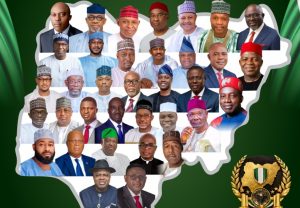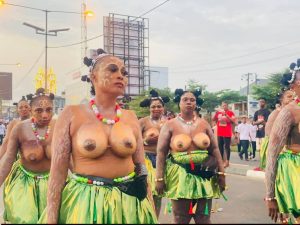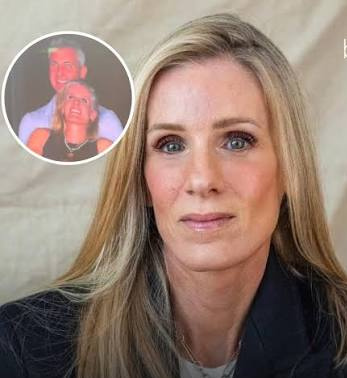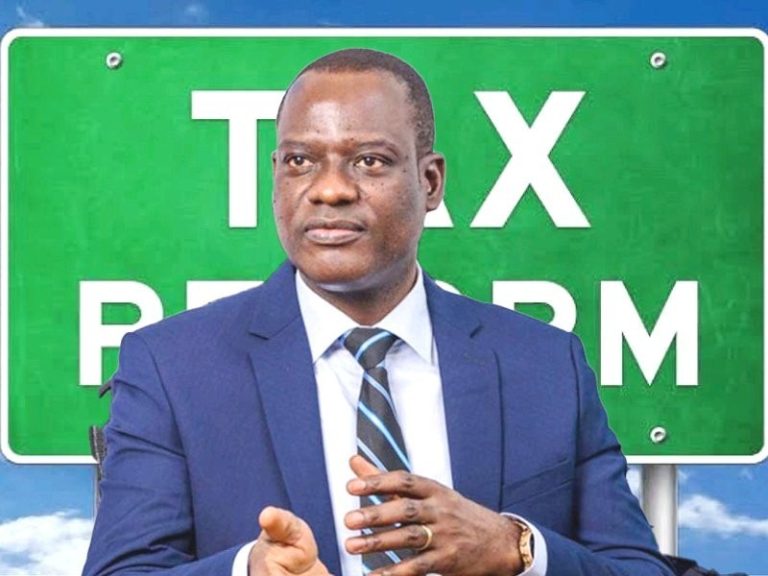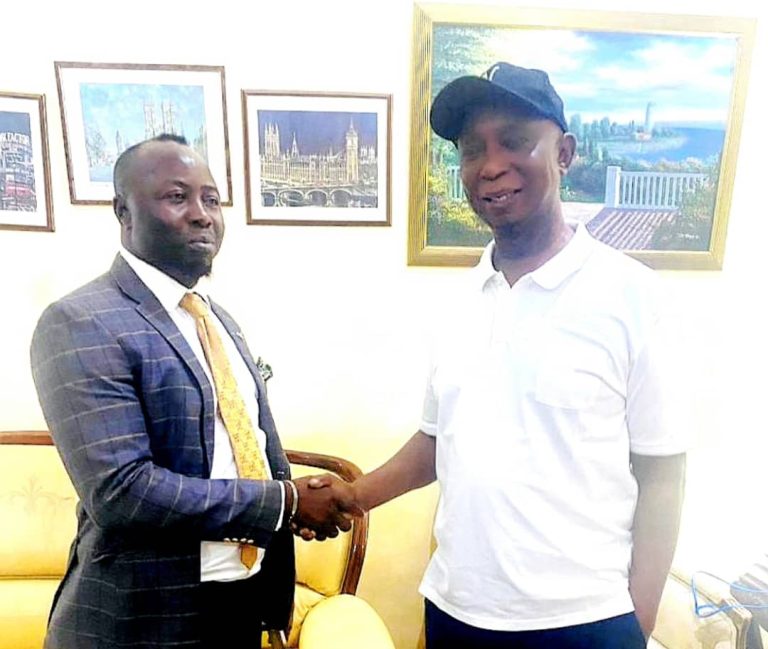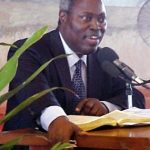
NERC Approves Increased Electricity Tariff to Effective Sept. 1.
Nigerian Electricity Regulatory Commission (NERC) has approved an increase in electricity tariff with effect from September 1.
READ: Adesina Re-elected as President of African Development Bank for Second Term
This was coming three months after the tariff hike implementation slated for July 1 was halted by the National Assembly, which prevailed on the distribution companies (DisCos) to shelve the date to the first quarter of 2021 due to the current economic challenges in Nigeria.
NERC, however, in a circular on Tuesday said electricity customers, except those receiving less than 12 hours of supply, would have to pay more for electricity starting from September 1.

“Following consultations and directions on tariff policy, the commission hereby approves a deferment of the applicable tariffs for customers in service bands D and E (that is customers with a service commitment of less than an average of 12 hours supply per day over a period of one month) for the period September 1, 2020 to January 1, 2021,” NERC said.
It added that DisCos would only be allowed to charge those customers the new tariffs upon investments that improve the quality of service experience, “thus migrating customers to higher service bands or another order of the commission.”

The new tariff was based on the hours of electricity supply available to the customers as attested by various graphic tables designed by DisCos.
Customers are categorised into maximum demand and non-maximum demand customers, as against the previous categories of residential, commercial and industrial customers, with different bands (A to E) depending on the level of supply.
For Ikeja Electric, a residential customer on single-phase receiving a minimum of 12 hours of supply would now pay N42.73 per KWh, up from N21.30 per kWh.

For Eko Electricity Distribution Company, a residential customer on single-phase receiving a minimum of 12 hours of supply would now pay N43.01 per kWh, up from N24 per kWh.
For Abuja Electricity Distribution Company, a residential customer on single-phase receiving between 12 to 16 hours of supply would now be charged N45.69 per KWh, up from N24.30 per kWh.
Kaduna Electric announced that non-MD receiving between 12 and 16 hours would be charged N50.10 per KWh, adding that the tariffs for customers receiving less than 12 hours had been temporarily frozen.
Please drop your thoughts in the comment box below and share this post with someone.
Follow us on Facebook, Instagram & Twitter to keep up to date with trending news as it happens.
Discover more from TOKTOK9JA MEDIA
Subscribe to get the latest posts sent to your email.

